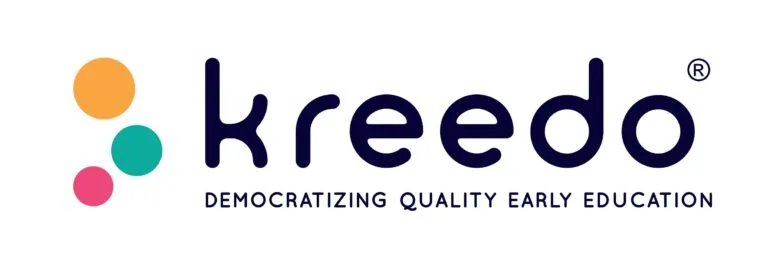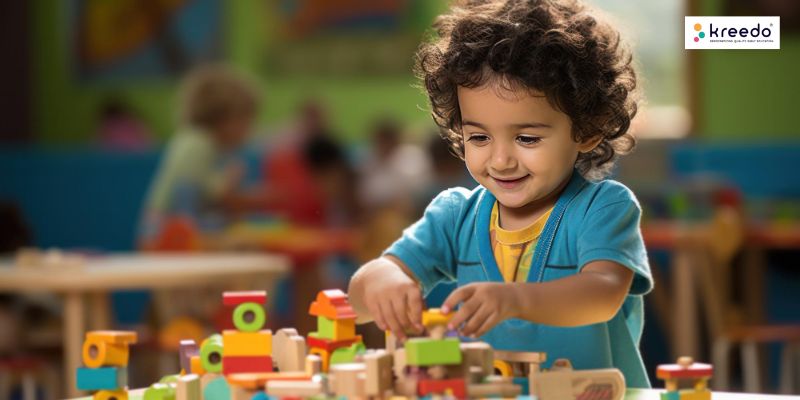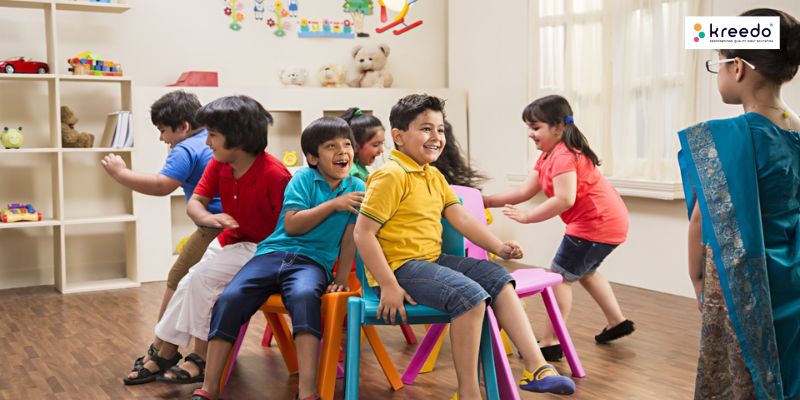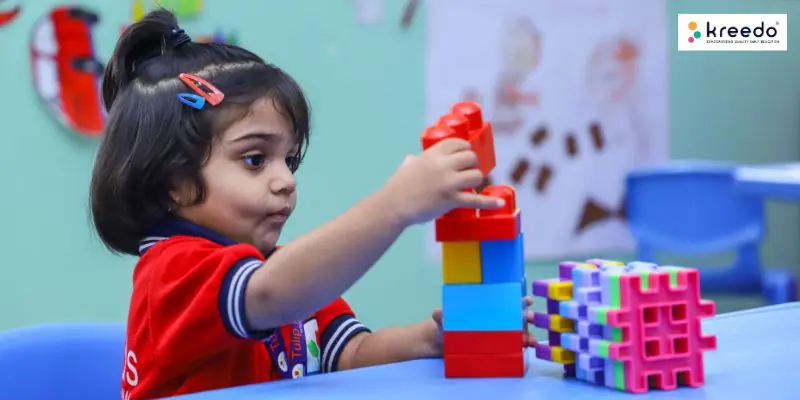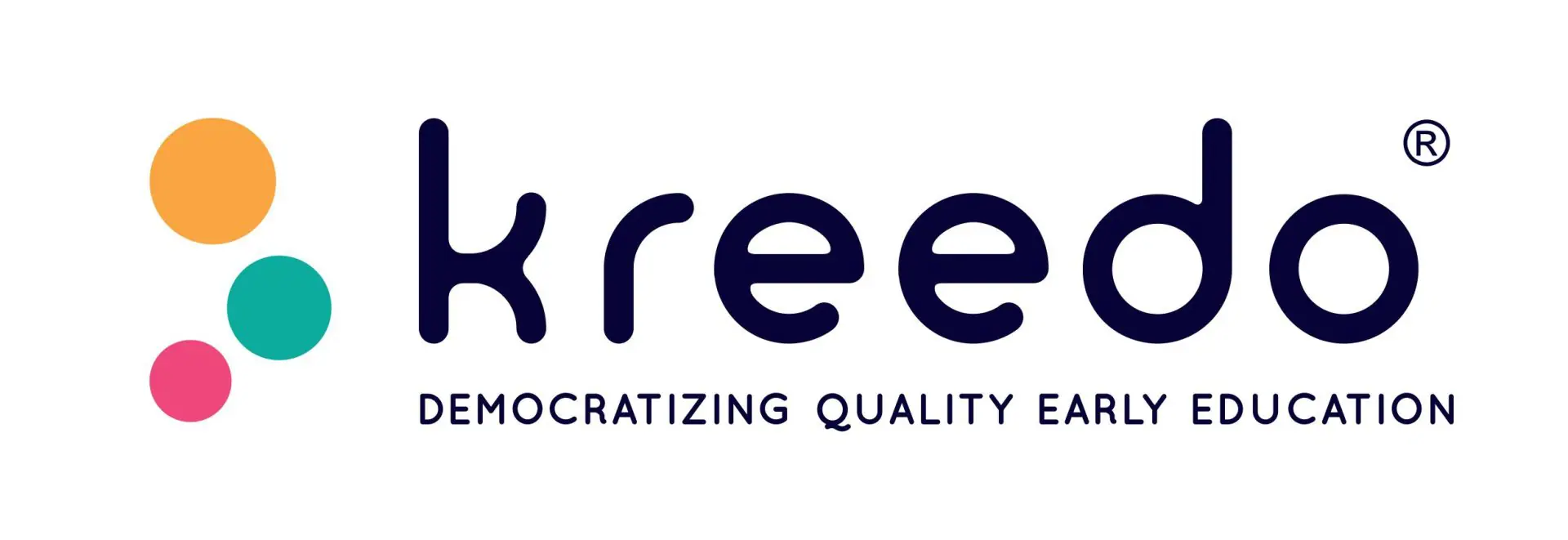“Education is what remains after one has forgotten what one has learned in school.” – Albert Einstein
“Children must be taught how to think, not what to think.” – Margaret Mead
“The mind is not a vessel to be filled, but a fire to be kindled.” – Plutarch
“I cannot teach anybody anything, I can only make them think.” – Socrates
“The greatest sign of success for a teacher is to be able to say – the children are now working as if I did not exist.” – Dr Maria Montessori
“An education which does not teach us to discriminate between good and bad, to assimilate the one and eschew the other, is a misnomer.” – Mahatma Gandhi
Despite so many inputs from so many great philosophers, teachers, and scientists since ancient times, the education system in India is practically heading nowhere today. The Indian Education scene today is a consequence of the legacy left behind by the British more than 70 years ago.
Mahatma Gandhi said, “I say without fear of my figures being challenged successfully, that today India is more illiterate than it was fifty or a hundred years ago, and so is Burma, because the British administrators, when they came to India, instead of taking hold of things as they were, began to root them out. They scratched the soil and began to look at the root, and left the root like that, and the beautiful tree perished.”
So our superb ancient education system which was based on fundamentally strong principles, understanding the children, their deepest nature, and wise teachers was replaced by the British need for English-speaking personnel in India. Educating Indians in the days of the Raj had only 2 purposes – making us soldiers or making us clerks. Hence the only 2 major objectives in those days were:
-
- Instilling rigid discipline
- Making people literate
We do not quite seem to have been able to break out of that mold. These two factors still seem to dominate in our K-12 schools.
Today in India, education is the transfer of information based on the teacher’s knowledge and parents’ expectations. This translates to repeating in exactly the same words what the textbook says. If the child picks up some skills while learning these facts, so be it.
Parents in India today, are ambitious for their children and want the “best education” for them. That is a huge improvement from earlier days in India when a degree is all that people aspired for. However, although the aspirations have changed, the methodology has taken a turn for the worse because the parent’s need for quick results is driving the system.
There are no talks/discussions/ awareness campaigns for parents on what is good for the child or what his long-term growth will be. It is all about education by objectives. Unfortunately, the objectives are set by parents based on their knowledge and keeping in mind what the neighbor’s children are learning.
In a preschool, a typical set of parent expectations would be:
-
- Learning ABC
- Learning to count to 100
- Writing by the age of 3.5
If they get to play with some toys and achieve these objectives, then it is acceptable. Else they can go to a traditional school that ensures that every child in the school can do the above. But young children do not appreciate rigid instructions and those that have been conditioned to it lose their learning capabilities over time as they have not learned to enjoy learning.
A good preschool’s objectives could be:
-
- Learning to make choices
- Making the child independent
- Exposing him/her to social interaction
- Understanding quantity
- Communication
- Instil respect for the environment
Here is where the clash begins.
In the mass education movement today, early childhood education has been terribly misconstrued across the country as a combination of literacy and learning of facts. In very few institutions, there is a focus to make thinkers out of children or help them apply what they have learned to real life.
The need of the hour is to make parents aware of what early childhood education can do for their children. This would in turn have an impact on the schools and overall on society.
